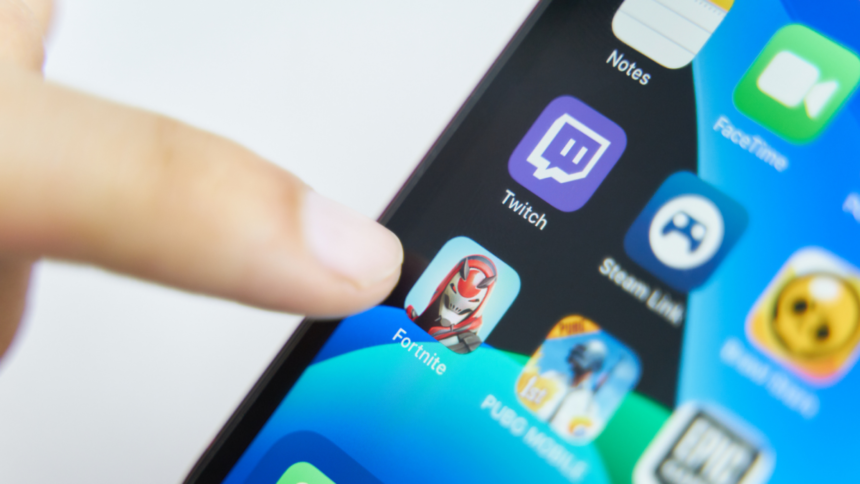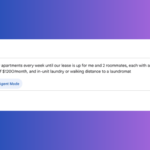Fortnite’s Return to iPhone: A Game-Changer for App Purchases
Fortnite will be making its way back to iPhone devices next week, as confirmed by Tim Sweeney, CEO of Epic Games. For those unfamiliar with the game, this development might not seem significant at first glance. However, its comeback is linked to a legal ruling that could affect numerous applications many users engage with daily.
The decision made by Judge Yvonne Gonzalez Rogers clearly states that Apple can no longer prohibit developers from directing users to make purchases outside the App Store or restrict them from informing users about alternative purchasing options.
What does this entail in practical terms? Consider this: ever tried subscribing to Netflix, upgrading your Spotify account, or purchasing a Kindle book on your iPhone? Currently, these actions cannot be performed directly through the respective apps. Users often need to resort to a web browser for transactions, creating a cumbersome experience. This complex situation arises from the conflicting policies set by major tech companies, often to the detriment of users.
Apple enforces a requirement that all financial transactions within apps must occur through the App Store. The company defends this policy as a means of ensuring security and user satisfaction, yet it’s worth noting that Apple retains a substantial commission on all App Store sales. Should Netflix opt to allow in-app subscriptions, for instance, it would be obligated to hand over a significant percentage—ranging from 15% to 30%—to Apple each month. Until recently, Apple even prohibited companies from linking to other websites for transactions or mentioning the existence of such alternatives.
Responses to this ruling have varied among companies. Epic Games, the proprietor of Fortnite, took drastic measures by withdrawing its applications entirely from the App Store. Other companies, like Netflix, choose not to include any sign-up options within their applications, leaving it up to users to figure out to register elsewhere. Certain businesses have opted to adjust their pricing; for example, YouTube Premium is priced at $18.99 a month in the App Store, whereas a subscription through a web browser costs just $13.99. Meanwhile, platforms like Patreon follow a different approach: If users sign up to support creators via iPhone, 30% of contributions are sent to Apple instead of the intended creator.
This recent ruling holds the potential to reshape how companies communicate within their applications, enabling them to share information and link to alternative subscription methods. Spotify informed The Verge that it plans to incorporate a link to its web-based subscription option within its iPhone app. However, Apple has announced intentions to appeal the ruling, suggesting that the current dynamics may shift once more. For the moment, though, companies find themselves with greater freedom to reference and direct users to alternative purchasing methods.












